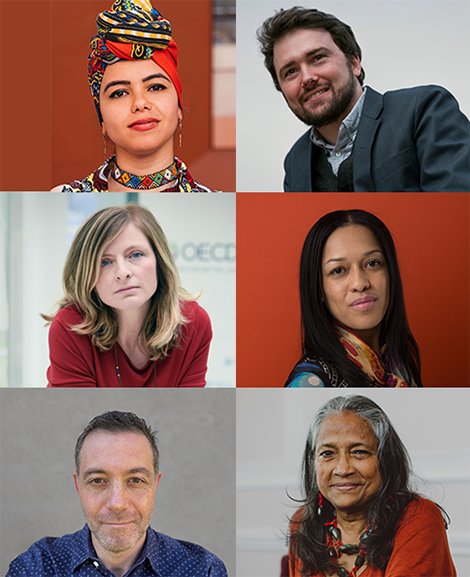Aya Chebbi is a multi-award-winning Pan-African feminist. She rose to prominence as a voice for democracy and as a political blogger during Tunisia’s revolution in 2010–2011.
She served as the first-ever African Union Special Envoy on Youth and the youngest diplomat at the African Union Commission Chairperson’s Cabinet. She has mobilized the African Union’s largest youth campaign and main platform on the Youth, Peace, and Security agenda and engaged millions of young people during the COVID-19 pandemic.
Aya Chebbi’s extensive experience made her an influential leading voice known for rebranding Africa and for her commitment to peacebuilding, gender equality, and Africa’s integration. Over the span of the past decade, she traveled the African continent organizing thousands of young people in non-violent mobilization and Pan-African activism.
Dr. Lucas Chancel is an economist specializing in inequality and environmental policy. His work focuses on the measurement of economic inequality and its interactions with sustainable development, and on the implementation of social and ecological policies.
Lucas Chancel is Co-Director of the World Inequality Lab at the Paris School of Economics (PSE) and affiliate professor at the Institute for Political Studies, Sciences Po. He is also an associate researcher at PSE and at the Institute for Sustainable Development and International Relations in Paris.
In his previous work, he was invited to UN-Habitat in Nairobi as a researcher and was a consultant at The Energy and Resources Institute in New Delhi, at ADEME in Paris, and at EIFER in Karlsruhe, Germany.
Dr. Naila Kabeer is Joint Professor of Gender and International Development in the Departments of International Development and Gender Studies at the London School of Economics and Political Science (LSE). She is also a Faculty Associate at the LSE’s International Institute of Inequalities.
Naila Kabeer has published extensively on poverty, livelihoods, labor markets, collective action, and citizenship from the perspective of gender inequalities. Relevant recent publications include “Organizing Women in the Informal Economy: Beyond the Weapons of the Weak”; “Group Rights and Gender Justice: Exploring Tensions within the Gond Community in India”; and “Can the MDGs Provide a Pathway to Social Justice? The Challenge of Intersecting Inequalities.”
She is on the advisory boards of the Women’s Rights Programme, the Open Society Foundation and the ILO’s Better Works Programme and on the editorial board of the journal Feminist Economics.
Nicolette Naylor is a South African human rights advocate and feminist lawyer. She has been working in the women’s rights and social justice space for over 20 years within South African and global civil society organizations, and more recently within the social justice philanthropy sector worldwide.
She is currently based at the Ford Foundation, one of the largest global social justice philanthropy organizations working on inequality. Nicolette Naylor has managed the Ford Foundation’s regional office in southern Africa and is currently the International Program Director overseeing global programming on gender, racial, and ethnic justice for the Foundation.
Dr. Romina Boarini is the Director of the OECD Centre for Well-being, Inclusion, Sustainability and Equal Opportunity (WISE). She was previously Head of Inclusive Growth and Senior Advisor to the OECD Secretary-General. She launched the Framework for Policy Action on Inclusive Growth and the Business for Inclusive Growth initiative.
She is currently co-steering the OECD’s horizontal initiatives on impact measurement. Previously, she was Deputy Head of the well-being division of the Statistics Directorate and Head of the Well-Being and Progress section.
Romina Boarini holds a PhD in Economics from the École Polytechnique in Paris, and a master’s degree in Economics from the École des Hautes Etudes en Sciences Sociales (EHESS) in Paris.
Michael Kleinman is Director of Amnesty International’s Silicon Valley Initiative. Previously, he was the founder and CEO of Orange Door Research, which helped donors, NGOs and UN agencies gather data in conflict-affected countries.
Prior to that, he was Director of Investments at Humanity United, one of the Omidyar Group Philanthropies, where he worked on the intersection of technology and human rights. He also worked for development and humanitarian NGOs in Afghanistan, Iraq and across East and Central Africa.
His writing on development, human rights and technology has been published in The Washington Post, TechCrunch, Vox, The Guardian, Stanford Social Innovation Review, and openDemocracy. He is a graduate of Yale and Harvard Law School.


